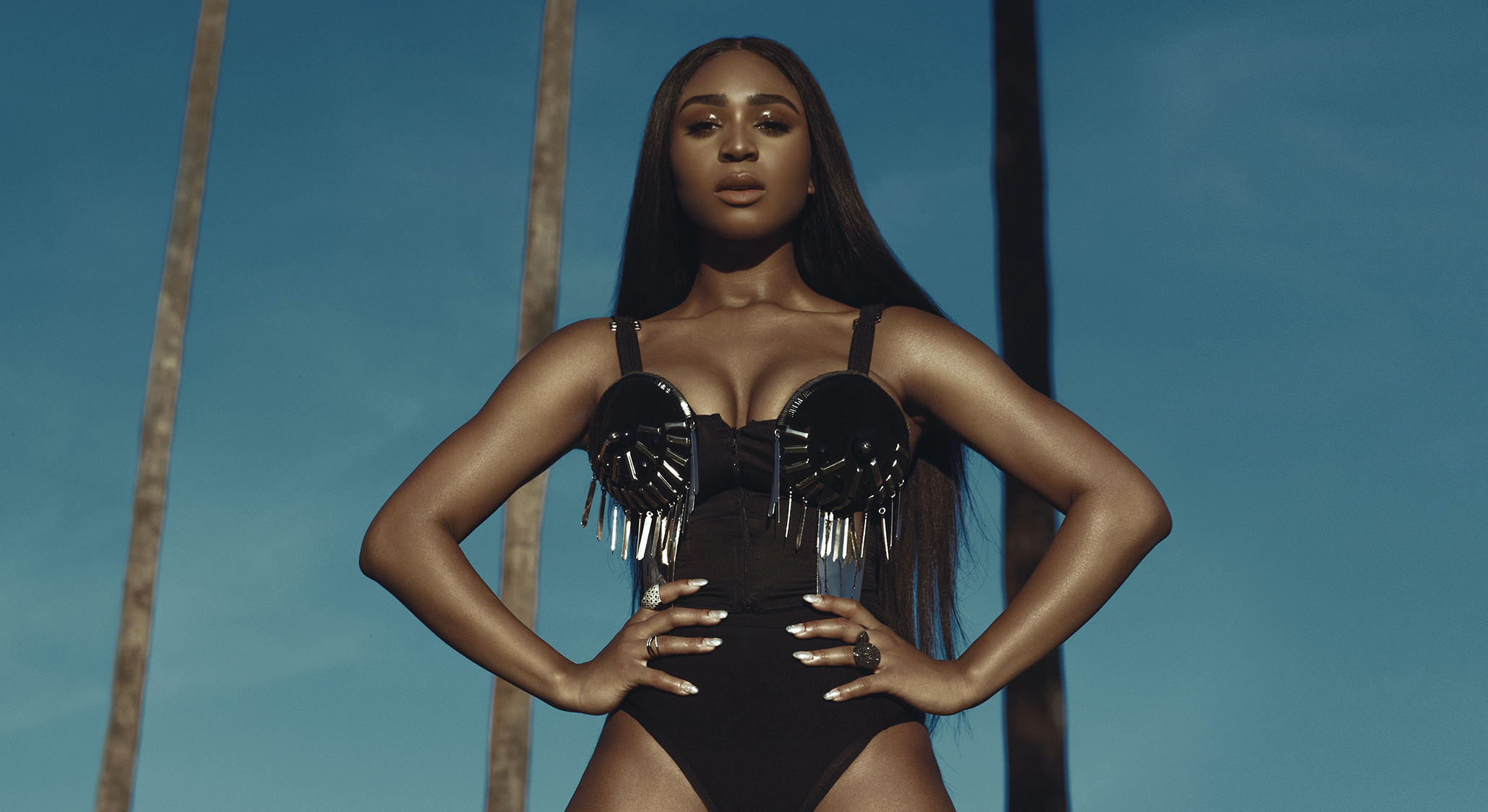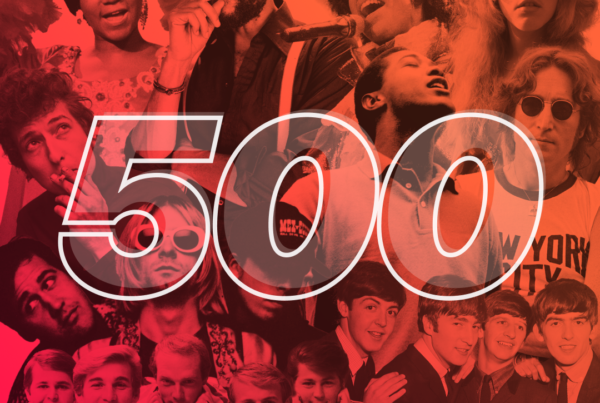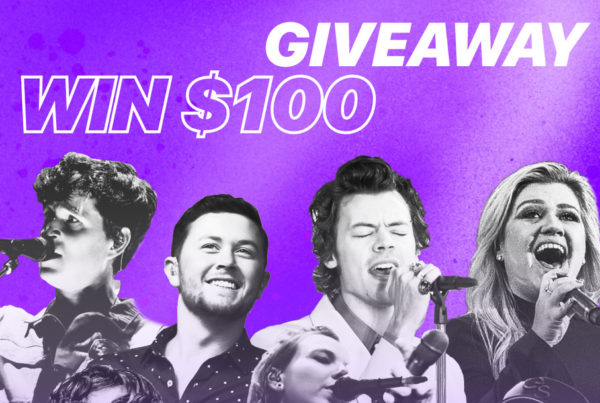Fantasy sports has grown by leaps and bounds this past decade and is now a multi-billion-dollar industry, according to the Fantasy Sports and Gaming Association. Not only is fantasy sports a fun means of gamifying sporting events, but gameplay drives fan interaction, passion, and revenue toward games because fans are personally invested in players.
What if a similar culture were to surround the music business?
Social Media has changed the way we talk about music
The evolution of social media has changed the way we talk about music through the likes of Reddit discussions, YouTube comments, Twitter stan accounts, and more. For a lot of people nowadays, it’s not just about listening to the music they like. It’s about wanting other people to listen to it and like it too. Fantasy Music is an enabler that leads to a deeper level of engagement with the music one loves and “incentivizes” the sharing of music. This process leads to music discovery and consumption.
Fantasy music is a great way for people not only to talk about the success of songs and artists, but gamify it. FanLabel, a fantasy music mobile app, offers a variety of rewards including bragging rights, merchandise, virtual goods, cash prizes, and one-of-a-kind experiences for predicting successful songs and artists.
A lot of comparisons can be made between fantasy sports and fantasy music, but there are a few things about the music industry, and FanLabel specifically, that make it unique.
While sports are set within gaming events at specific times and seasons, FanLabel is an experience more like running your own record label around the clock, giving users a mix of both short-term and long-term experiences.
Moreover, fantasy sports players have no ability to influence the outcome of a sporting event, while participants in fantasy music contests can have some influence over the result. They can do so by sharing (“promoting”) music with friends and others, which leads to the discovery and consumption of music. This results in higher stream counts for the artist and/or song which leads to higher placement in a given contest for labels picking and promoting that specific artist and/or song. Top fantasy music players are usually going to be the ones who watch the charts, do their research, and are familiar with many of the artists. There’s definitely an element of skill that goes into making good picks. It’s all about having both a strategy and a good ear for music.
FanLabel has a clear means of defining success.
When it comes to fantasy music, it’s commonly debated how success is defined. At FanLabel, we split contests by genre and use streams to measure performance with exclusive data from Alpha Data (which combines multiple platform totals) so we can ensure that players are presented with a fun challenge and an accurate way of measuring success.
FanLabel offers a variety of contest types and challenges. Our Best of Five challenges allow users to pick one of five new songs that they think will get the most streams through the rest of the day. Meanwhile, our Artist Fantasy Contests give users a set budget and allow them to sign artists in a given genre from a master list of 15 choices, which resets weekly. Then there are Quick Picks, where users select one of the two songs that they think earned the most streams throughout the past week. Each of these contest types rank success based on streams (including YouTube) over a given period, accounting for the majority of music consumption in the U.S. Our Crowd Favorite challenges define success as choosing the song that gets the most picks from all participating users in the app. Players earn virtual royalties depending on how successfully their signed songs and artists perform. They can then head over to FanLabel’s marketplace to exchange their Royalties for remarkable rewards.
Fantasy Music puts music promotion in the hands of fans.
Another debate surrounding the concept of fantasy music is that it frames music, an art, as competitive. First of all, music is already somewhat inherently competitive as a result of music charts. Artists and fans alike watch the charts in hopes that their song excels against the competition and rises to the top. FanLabel contest outcomes are based on the same competitive factors influencing an artist’s or song’s position on the charts, as they’re based on the competition of streaming totals specifically. This encourages users to root for and spread the word about the music and artists they love, essentially becoming micro-influencers. Our goal is to not only give users a fun experience with music, the ability to prove one’s great taste in music, and to pick a hit song, but to give new artists a platform to break out and rise by putting music promotion in the hands of fans.
FanLabel is available in the App Store (Apple) and Google Play Store (Android). Be sure to stay updated on upcoming features (like our new league feature that allows users to create sessions between friends), new marketplace items, and more by signing up for our mailing list here.
We’re honored that FanLabel was recognized as the Fantasy Sports & Gaming Association’s (FSGA) 2020 Elevator Pitch award winner. Represented by company founder and CEO, Jeff Sloan, FanLabel was one of eight up-and-coming fantasy and sports gaming businesses invited by the FSGA to pitch their innovative idea to the conference’s 300 industry leaders and attendees, who then voted for their favorite.
“We’re excited to see what’s next for FanLabel and will be following along closely,” Kevin Vela, FSGA Board member, and Elevator Pitch moderator said.



